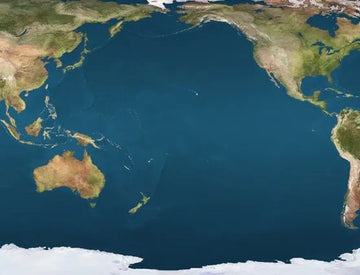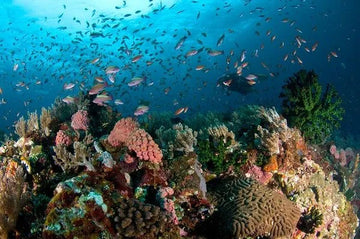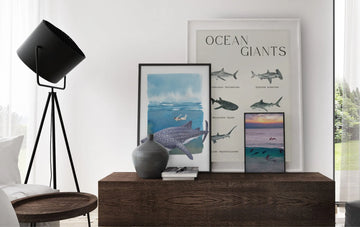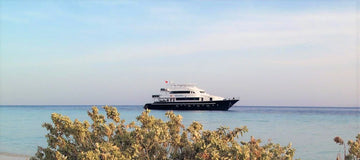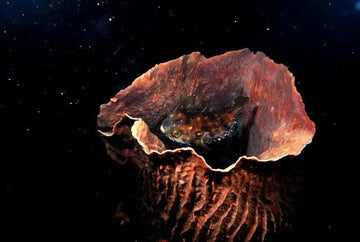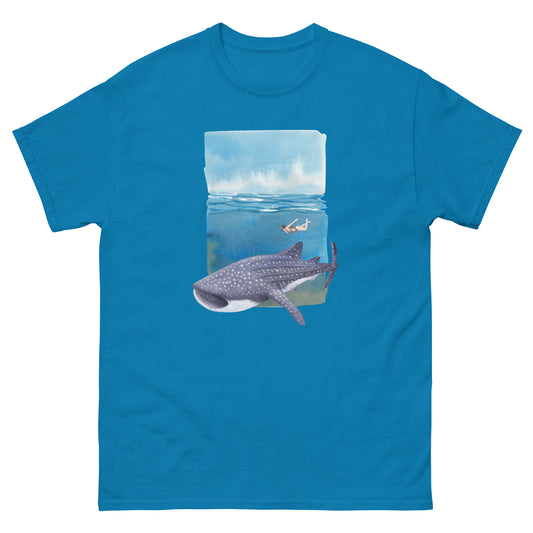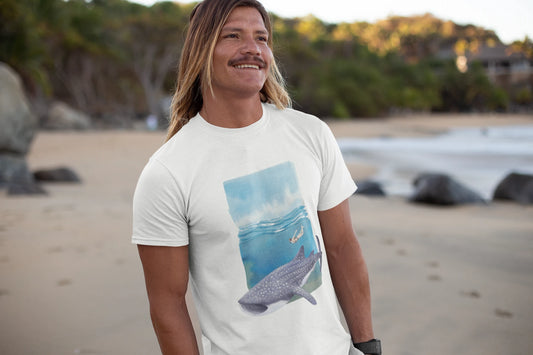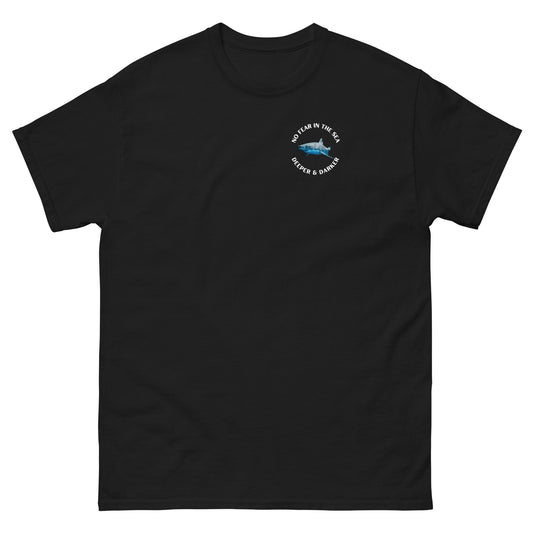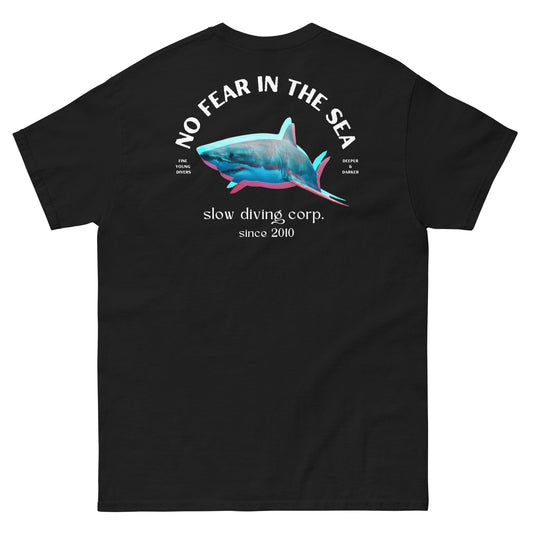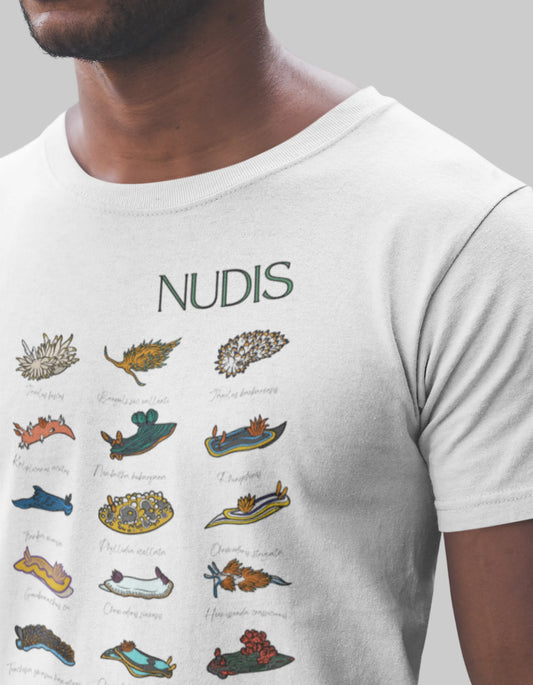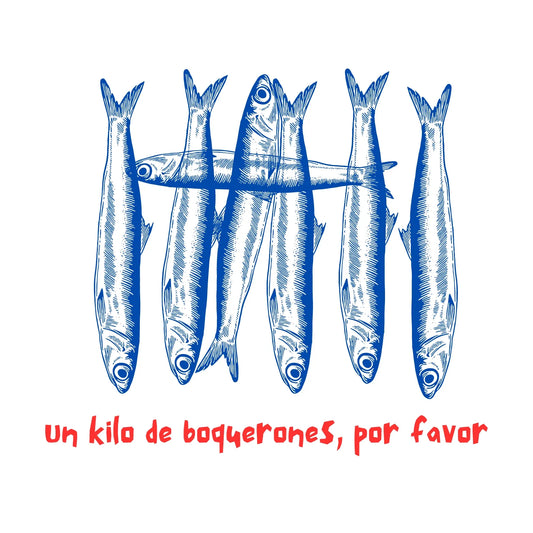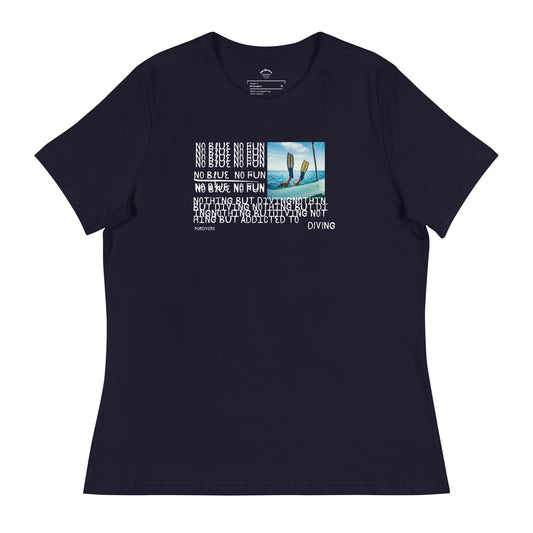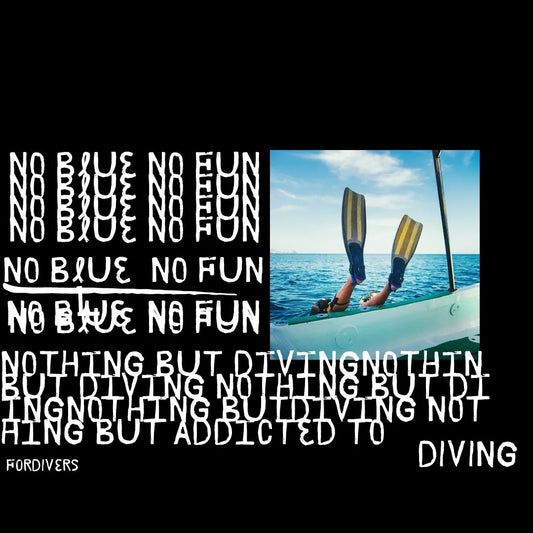For mankind, the ocean was not only a geographical feature that provided food. It was also a philosophical concept. The ocean was something unreachable, inexplicable, an almost abstract idea that we have always associated with the unknown, the end of life, and even the place where the souls of ancestors end up in many civilizations. But it also provided access to new cultures, products and ideas on a more practical level.
Civilizations as diverse as the Aztec, Greek, Germanic, Filipino, Japanese, and Hawaiian all have gods associated with the sea, each of these deities, of course, with a mission on behalf of earthly sufferers. Whether it be protecting sailors, fighting tsunamis, ensuring a good catch or, in the case of Fiji's shark god Dakuwaqa, protecting fishermen from sea demons. The ocean, like any place we don't know, frightens us. No matter what culture we are talking about. We don't know (or didn't know) how the ocean works.

Since then, very few people have been able to see more than 5 km from the horizon, until only 500 years ago, when it took us more than 8 months to cross only one of the 5 oceans that make up the great mass of water we know as the ocean. Even today, when we can fly over the oceans, we marvel at their immensity and find their size incalculable.

The only way to get an idea of its immensity would be to compare it to the enclosed areas or land features that we are more familiar with: mountains, rivers, lakes, canyons... more tangible elements that we can see, that we have access to. So let's stop trying to clarify the unknown: How big is the ocean? How much space is taken up by the remaining 71% of the planet?

The ocean covers 360 million square kilometers. This fact may not tell you much, just as the fact that a drop of seawater can be inhabited by a million microorganisms doesn't tell you anything. If we compare (no, this time not with soccer fields) the area of the ocean with the area of Asia, perhaps it will become clearer. In the ocean, in the great mass of water that we divide into 5 oceans, there would fit 8 "Asias". 8 continents that are inhabited by more than 4 billion people (60% of the world's population) and that represent almost 30% of the land surface.
The amount of water in the ocean is estimated at 1.3 billion cubic kilometers... an amount of water that could sink Europe more than 130 meters deep. We are talking about an amount of water that represents 97% of the total water on the planet.
Have you ever tried cruising the great rivers such as the Nile or the Amazon? These rivers are more than 5,000 km long. In some areas, the distance between the banks is more than 300 km. Have you ever visited one of the world's great lakes, such as Lake Baikal? It has a maximum depth of more than 1,500 meters and a length of more than 600 kilometers? Well, all this fresh water together represents only 3% of the existing water on our planet. The rest is in the 5 oceans.

Mauna Kea, the highest mountain on the planet, at 6,000 meters below the surface of the sea. Image by Steve Grant
Another factor to explain its immensity, especially its depth, are its geological formations, hidden and invisible to us, much larger than any we can find on land. Two clear examples. The highest peak in the world is not Everest, no, it is Mauna Kea, in Hawaii, over 10,000 meters high...and we only see 4,000, the rest is lost in the Pacific. The deepest canyon is in the ocean and is known as Challenger Deep, in the Mariana Trench. It is 10,898 meters deep, 6 times deeper than the Grand Canyon of Colorado.
Now think of the areas on land where life is possible. Think of all the places on land where life can exist, from vast forests, plains, savannahs to caves and even underground. This is only 1% of the planet's habitable space. The rest is in the oceans, of which we know only 10%. Considering that we have catalogued 50 million species on the entire planet, in that minimal 10% of the planet, it is dizzying to think what species are hidden in the other 90% of space that we do not know about. Every year, new species are discovered in the oceans and on land. We have yet to discover the vast majority of our planet!

Hemiscyllium halmahera, bambu shark discovered in 2013
Not so long ago, we replaced the terrifying concepts associated with the ocean with others that are more associated with freedom, tranquility, and peace, with the exception of the abyssal zones. We still associate them with images of terrifying creatures because we don't know them well enough... Just as we did 2000 years ago with the creatures that inhabited the open sea or even the waters near the coast.
"Sea water cures all the ills of man," said Euripides, without knowing anything about the ocean, thousands of years before we found medical remedies in corals, plants or marine bacteria. What would he say now that we are beginning to know the sea, at a time when the Mediterranean was the whole known planet?

